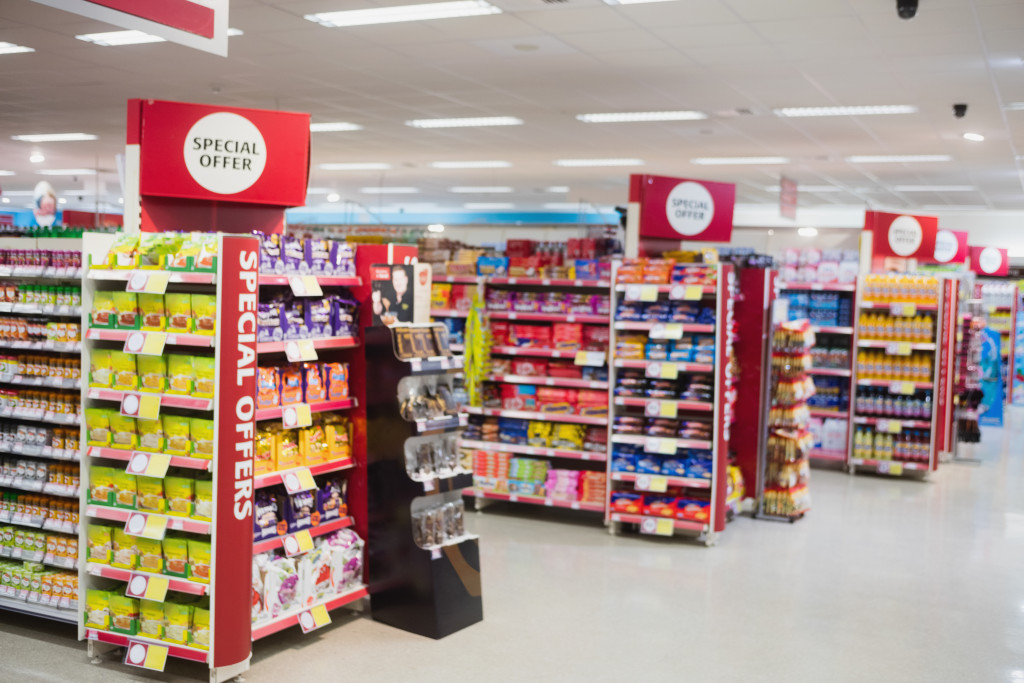The food processing industry remained one of the most critical industries even amid the coronavirus crisis. In fact, governments did not even force them to shut down. Even as the world grapples with the unprecedented impact of the virus, all governments understand how critical it is to keep food processing plants open. The toilet paper and alcohol crisis was one thing. If you put doubts in people’s minds about food supply, you will create panic, confusion, and mayhem.
Thankfully, the plants remained open enough to fill up the grocery shelves. This comes with a new challenge. These plants must ensure the safety of the supply chain—from sourcing to packaging to distribution. Many plants decided this is the best time to upgrade their machinery and equipment.
They moved from using oil-injected compressors to oil-free compressors. This is because air purity is crucial for the safety of the plants’ operations. These compressors prevent contamination of the food products during the packaging and handling processes.
Social Distancing
The assembly line is a critical process in the food processing industry. However, workers need to practice social distancing now. It became essential for factories and plants to put in place safety and health measures. For food factories, this meant a heavy reliance on machinery and automation to do the job actual people once did. Transitioning to automation always means one thing for employees—retrenchments and furloughs.
Public Gatherings

The need to avoid public gatherings also had an impact on the food processing industry. Restaurants and the hospitality sectors reduced their demands for supplies. Many locations are now for takeout and delivery only. This means that the suppliers have to adjust from supplying products to the food service industry to suddenly relying on retail channels.
Online Deliveries
In fact, many manufacturers have also started building their own e-commerce sites. Instead of supplying grocery stores, they are now selling directly to consumers through e-commerce platforms. For them, this reduced the cost of the products as direct selling allows them to sell the items for a much lower price than grocery stores.
This forced them to rethink the way they package the food. Whereas they only have to deliver slabs of meats to retail stores before, they now have to package the food in ways that consumers will want. They, too, are subjected to strict food safety protocols. Although there is no known transmission of the virus that causes Covid-19 through food, it’s important to cover all bases when it comes to this pandemic.
Not every company in the food processing sector was able to transition to retail. Instead, these small food processors are supplying restaurants, diners, and cafes that need smaller batches of supplies now. Their focus is especially on local businesses that are currently struggling with the shift in consumer demands.
The food processing industry will continue to be affected by two overwhelming consumer fears. First is that they will have to self-quarantine and will be unable to shop for food. Second is that other people will start to hoard food. These two concerns will impact the way processing plants manufacture food. The industry said that as long as people continue to buy, and not hoard, the business will be just fine.




